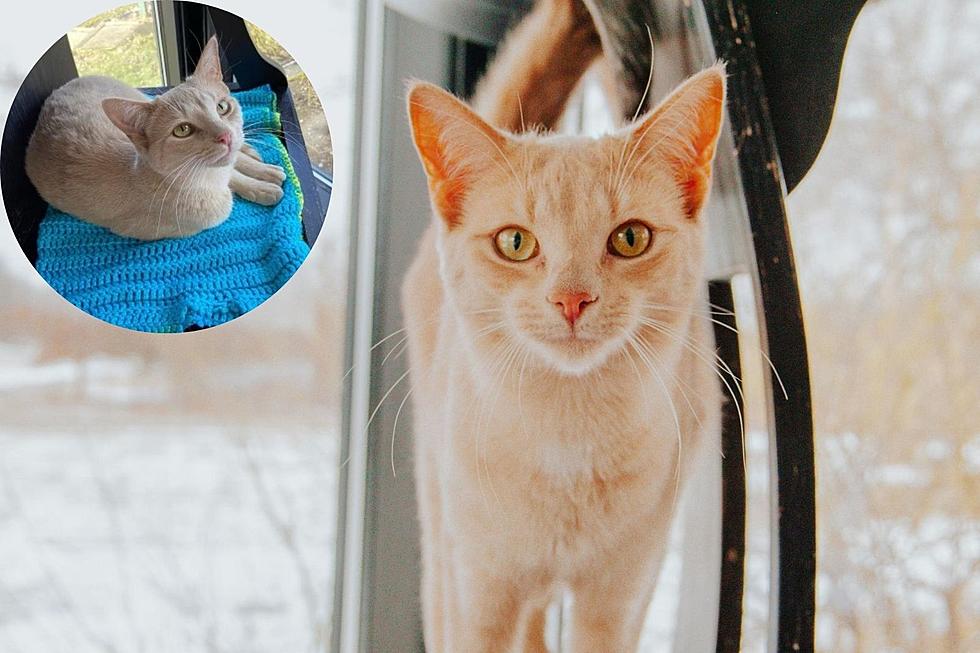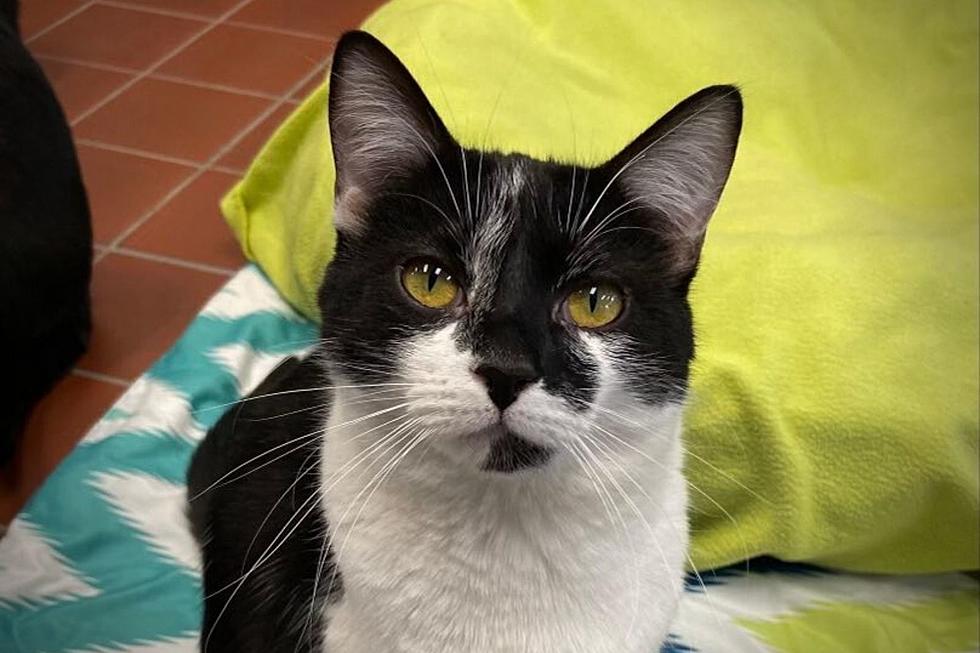
Proper Eating Tips Dementia Patient Caregivers
Caregivers of Alzheimer’s patients or those with other forms of dementia should keep a close eye on the eating habits of those under their care. Karin Gallagher of Maplewood of Marshall was a guest on the 95.3 WBCK Morning Show with Tim Collins. She pointed out some of the nutritional concerns.
Persons with dementia might experience weight gain from over-eating or only eating sweets.
If over-eating is a problem, look for lower calorie options when preparing meals and try to avoid high-calorie snacks by offering lower-calorie options – pieces of fresh fruit or vegetables, for instance.
They may experience weight loss from not eating because they just aren’t hungry or they don’t like the taste or mouthfeel of some foods. Or perhaps they might think they already ate or the just plain forget to eat.
If they are not eating well and losing weight, you can consider adding high-calorie healthy supplements such as protein milkshakes to their diet. You can even mix the protein shakes with ice cream for an extra caloric boost.
Check to make sure their dentures are tight-fitting – loose dentures or dentures with bumps or cracks may cause pain making it hard to eat.
Taking a multivitamin might be helpful.
Try to use healthy fats in cooking and also use extra butter and mayonnaise to cook and prepare food if they need more calories.
Karen also reminds caregivers and family to check with the loved one’s doctor, especially if they have other health issues such as diabetes or high blood pressure.
Sometimes dementia patients are easily confused and that can interfere with proper eating.
Try to serve meals at the same time each day.
Make the eating area quiet (no TV or radio).
Try offering just one food at a time instead of filing the plate or table with too many potentially confusing choices.
Offer small sandwiches or small pieces of chicken such as nuggets.
Slowing down the eating process may help your loved one (and you) to recognize how much he/she is eating.
Medications may also be a factor in your loved one’s appetite or lack of so you may want to discuss weight gain or loss with the doctor.
Miles for Memories is creating solutions for those impacted by Alzheimer’s and other dementias in Calhoun County through movement, programming, and research. For more information, visit us on FaceBook or at www.milesformemories.com
More From WBCKFM









